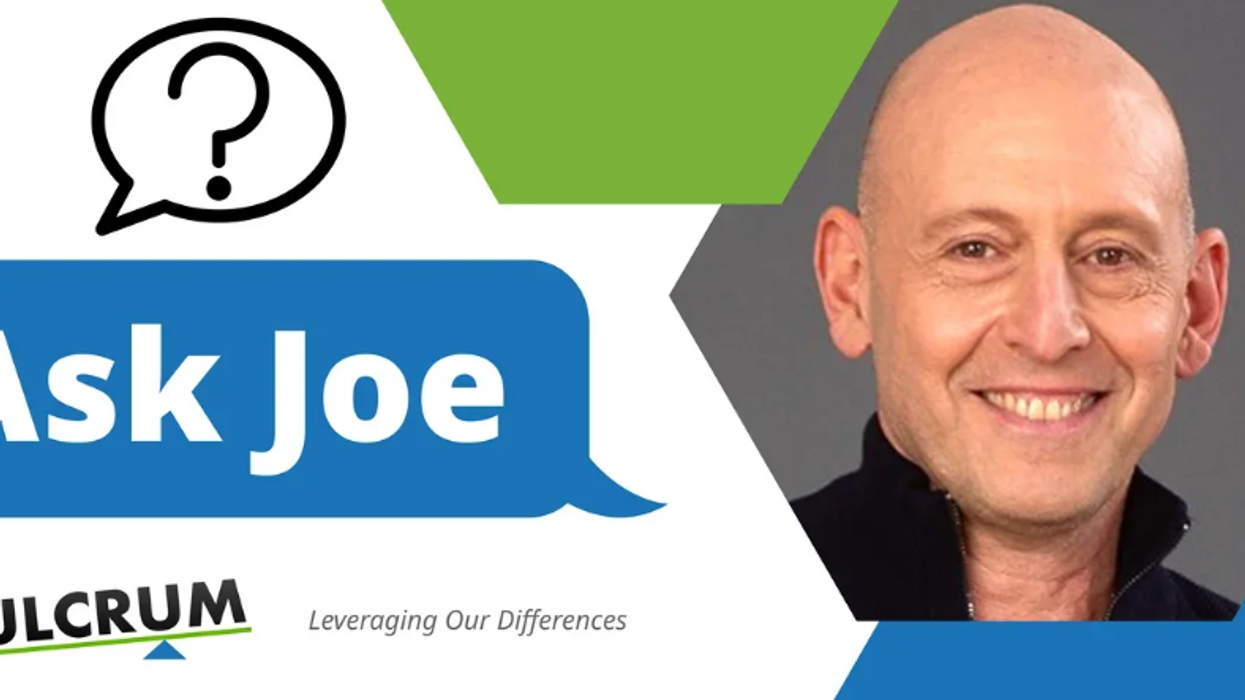Hey Joe,
I’ve been doing coalition-building and politics for a long time. I’m already tired and I look at what’s coming this next year and I can’t even imagine how intense it’s going to get. Nobody seems open to hearing anything new. I feel like I’ve tried everything to challenge people’s beliefs and fears and get them to see reason. I’ve been reading up on your work and I’m not seeing much of what I don’t already know. Am I missing something? Any insights?
Not Seeing It
Hey Not Seeing It,
I appreciate your honesty. And I get the struggle and feeling overwhelmed. If you’ve been following my work, then you know that I’ll always emphasize, “please take care of yourself!! We need you in this for the long-haul. Please increase the ways you nourish yourself – physically, emotionally, mentally and spiritually. Be courageous and reach out for support.” The coming year (or years) are going to test our resilience and resolve and will require us to upgrade our skills and strategies.
I can imagine that you might not see a lot of new “information” in my work, since you’ve been in this for a long time. My work is less about what we are saying, and more about how we are saying it. I believe that the core causes of our current problems go far deeper than the questions about the amount or accuracy of our information and data. With all the books, podcasts, articles and trainings, we have enough information to last us lifetimes; yet with all this information, we are still not seeing the change we are looking for. In other words, knowing something and actually integrating that knowledge into new habits and patterns, especially in the heat of the moment, are two very different things.
I recently gave a talk to members of a state political party on Fierce Civility. During the question and answer period, one of the attendees shared with me that they are tired of having to deal with “those people” who believe things that aren’t based on facts. She mentioned that the way she approaches this is to point out to them how their viewpoints contradict data, or how their ways of expressing their faith don’t align with verses in religious texts.
I asked her if this approach to challenge the others was working, and she said, ‘no.” I then asked, “then why do you keep doing the same things knowing it’s not going to work?” She said, “because I don’t know how else to do it.” What’s burning us out is that we can’t see that trying to approach complicated problems with complicated solutions, or challenging others in a judgmental way, doesn’t work. In fact, it only adds more complications and further breakdown.
Here’s how I see it: Yes, the problems are complicated, but the solutions are really simple. Implementing the simple solutions is hard work. And the simple solutions include training ourselves to break the internal and external false polarities that keep us dysregulated, closed-hearted, judgmental and in patterns that perpetuate opposition, separation and othering. This can’t be any simpler. AND just knowing this isn’t enough; implementing it with finesse and grace is hard work. It requires skills and strategies to shift this – especially with those we see as different or hold different views.
If we want to see concrete results to our efforts, we must be willing to engage people in “dialogue” – not challenge. It is with respectful dialogue that you may be able to appeal to the hearts and minds of others and persuade them to be open to new ideas. As I elaborate in my book, the true power of dialogue is to create an uncomfortable (not unsafe) friction and activation that shakes people out of their habits and patterns and sparks new possibility – and that will only happen when the heart and body are just as engaged as the brain. That will only happen when we not only challenge, but also activate curiosity. Yes, even having curiosity for people who adamantly deny facts and reason.
To me, ONLY challenging someone’s viewpoints is easy and perpetuates separation, ego inflation and intellectual games that very rarely lead to new emergent solutions. ONLY being curious and chronically nice is also easy and also perpetuates the same. But the friction and delicious messiness that is created by the constant calibration and dance of both CHALLENGE and CURIOSITY is exquisite. It is what sparks the healing, reconciliation and establishing common ground that is needed for new LASTING solutions to emerge.
I hope this offers more clarity, Not Seeing it. These extreme times require new, upgraded, out-of-the-box approaches that are radically simple, and perhaps hard to implement. It requires a comprehensive strategy that includes practices that train us physically and emotionally, as well as mentally. It asks us to have the courage to look at our own habits and patterns that aren’t serving us and cultivate new ones that break through the confusion and oppositional loops we find ourselves in. By doing so, we can more effectively take our highest ideas and goals and put them into concrete action and results.
Keep it simple,
Joe
Check out Joe’s new bestselling book Fierce Civility: Transforming our Global Culture from Polarization to Lasting Peace.
Have a question for Joe? Send an email to AskJoe@fulcrum.us.




















